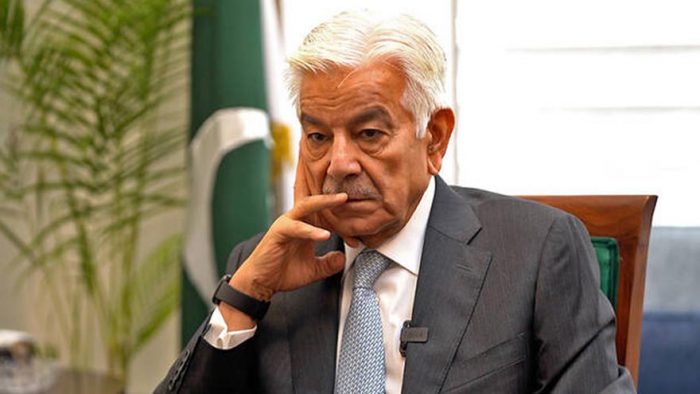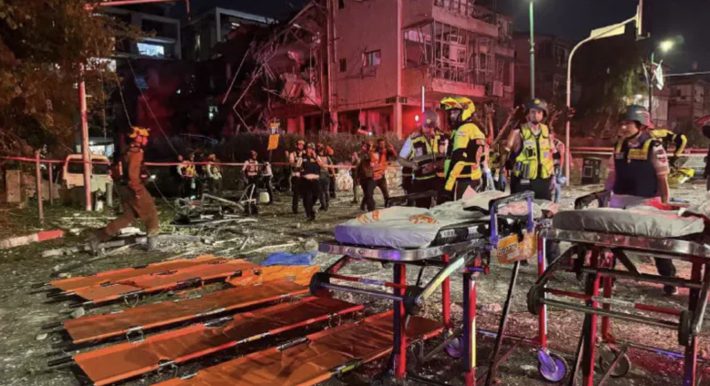Pakistani Defence Minister Khawaja Asif lashes out at Afghanistan, accusing it of acting as India’s proxy and warning of devastating retaliation after peace talks collapse in Turkey.
Tensions flared across South Asia this week as Pakistan’s Defence Minister Khawaja Asif delivered a fiery outburst on live television, accusing Afghanistan’s Taliban-led regime of serving as a “puppet of India” and threatening massive military retaliation in the event of cross-border aggression.
Appearing on Geo News’ primetime show Aaj Shahzeb Khanzada ke Saath, Asif claimed that Kabul’s leadership was “being controlled from Delhi”, alleging that India was using Afghanistan as a proxy to undermine Pakistan’s security after what he described as New Delhi’s “humiliation on the western front.”
“The people in Kabul pulling the strings are being manipulated by Delhi,” Asif declared. “If Afghanistan even looks at Islamabad, we will gouge their eyes out. Our response will be 50 times stronger.”
The extraordinary remarks came amid the collapse of Turkish- and Qatari-brokered peace talks between Islamabad and Kabul, which ended Monday without a breakthrough. Negotiations aimed to de-escalate weeks of deadly cross-border clashes that have left dozens of soldiers, civilians, and militants dead.
Asif blamed Afghanistan’s repeated reversals during talks held in Istanbul, alleging that “every time progress was made, Kabul’s handlers intervened.” He accused India of sabotaging peace to wage what he called a “low-intensity hybrid war” against Pakistan through Afghan territory.
Pakistan has long accused the Taliban government of harboring the Tehreek-e-Taliban Pakistan (TTP) — a terrorist outfit responsible for numerous attacks inside Pakistan. The central sticking point in the talks was Islamabad’s demand for verifiable action against TTP bases operating freely from Afghan soil.
Pakistan’s Information Minister Attaullah Tarar confirmed the breakdown, saying the Afghan side “kept evading the core issue” and “resorted to deflection and blame games.”
“Instead of accepting any responsibility, the Afghan Taliban dodged accountability. The dialogue thus failed to bring about any workable solution,” Tarar said.
The situation remains volatile. Despite a temporary ceasefire brokered in Doha on October 19, border skirmishes resumed soon after, with intelligence sources warning that the Afghan border remains a flashpoint for potential escalation.
Diplomatic analysts view Asif’s remarks as an attempt to deflect domestic criticism amid Pakistan’s worsening economic and security crises. Meanwhile, regional observers note that Islamabad’s rhetoric mirrors its historic pattern of blaming foreign actors — notably India — for internal instability.
With Trump’s U.S. administration backing India’s regional defense posture and Afghanistan increasingly isolated, the Pakistan-Afghanistan rift threatens to reignite one of Asia’s most volatile fault lines — just as global attention remains fixed on the Middle East.





